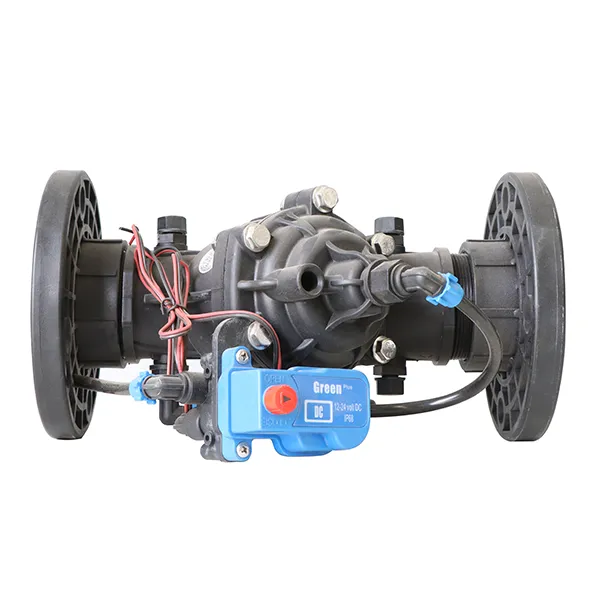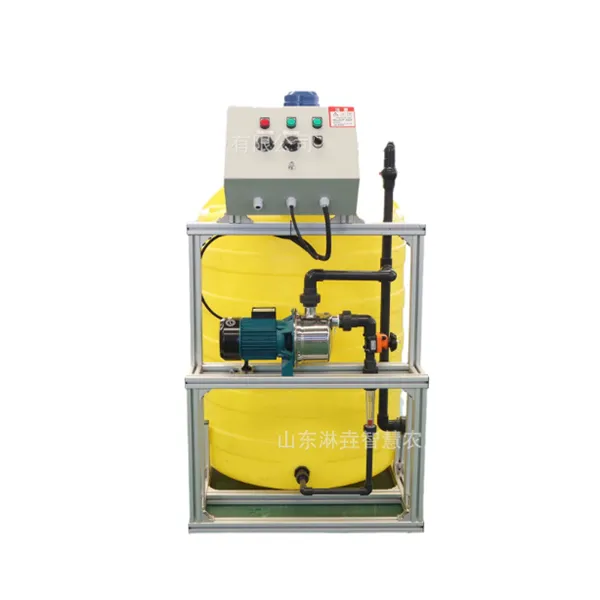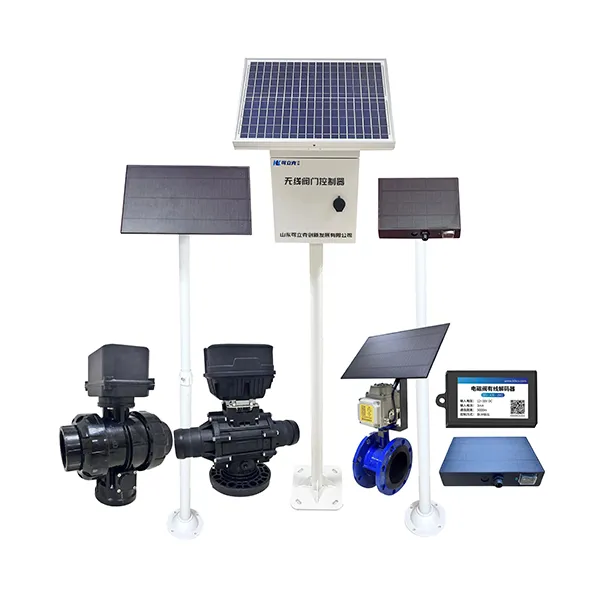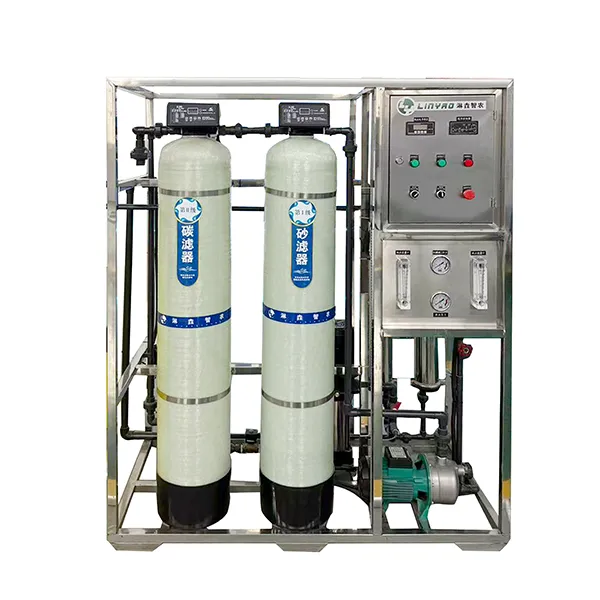
Reclamation irrigation system
Many people believe thatreclamation irrigation systemis just a set of pipes and pumps capable of watering fields. This is not entirely true. In fact, creating a truly effective system is a complex engineering task that requires taking into account many factors: hydrological, soil, climatic, as well as the characteristics of the crops grown. I have been designing and implementing such systems for many years, and I can say with confidence that there are no 'universal' solutions. Each project is a unique case.
The problem of uneven water distribution
One of the most common problems encountered is uneven distribution of water throughout the area. It often happens that some areas receive too much moisture, while others do not receive enough. This leads to a decrease in yield and deterioration in product quality. Why is this happening? There may be several reasons: uneven terrain, heterogeneity of soil, incorrectly selected dispensers, etc. Sometimes the problem lies in the water supply sources themselves - for example, in the unstable operation of pumping stations. Our enterprise, Shandong Lingyao Intelligent Agriculture Technology Co.,Ltd, often encounters similar situations when working with farmers in various regions.
We try to solve this problem comprehensively, using various approaches - from precision irrigation to automatic control systems. For example, for areas with uneven terrain, we suggest using drip irrigation with individual dispensers that adapt to the needs of each specific zone. This allows for uniform distribution of moisture and reduces water consumption.
Intelligent systems: a step into the future
A few years ago, when it came toreclamation irrigation system, people imagined simple mechanical systems with timers and water level sensors. Now, thanks to the development of modern technologies, we can create truly 'smart' systems that independently regulate watering depending on weather conditions, soil moisture, plant growth phase and other factors. Our staff includes software engineers who develop specialized software for managingreclamation irrigation system, taking into account the needs of each specific farm. And frankly, it greatly improves watering efficiency and saves water.
For example, we implemented a project in one of the farms for growing grain crops. There we installed soil moisture sensors, a weather station and an automatic irrigation control system. The system collects soil moisture and weather data and then automatically adjusts watering to provide optimal moisture levels for plants. Result: increased yield by 15% and reduced water consumption by 20%. This was one of the first successful projects, and it showed us how promising the use of intelligent systems is.
Experience working with various soil types
It is important to understand thatreclamation irrigation systemmust be adapted to the specific soil type. For example, sandy soils require more frequent but less intense watering than clay soils. Otherwise, the water simply goes deep, and the plants are left without moisture. We have experience working with various types of soils - from black soil to sandy loam. When designing a system, we carefully analyze the composition of the soil and select the optimal type of irrigation.
For example, on one of the projects we worked with a site located on sandy soil. We used a drip irrigation system with micro-dispensers, which ensured uniform soil moisture and prevented it from being washed out. We also added organic fertilizer to the soil to improve its water-holding capacity. This comprehensive approach allowed us to achieve excellent results.
Problems with water mineralization and soil salinity
The problem of water mineralization and soil salinization requires special attention. Using water with a high salt content can lead to the accumulation of salts in the soil, which negatively affects yields and impairs product quality. To solve this problem, we suggest using water filtration systems and soil washing systems. We also recommend using special fertilizers that reduce the risk of soil salinization.
We encountered this problem at one of the projects in the steppe zone. Local water contained large amounts of salts, which led to soil salinization. We installed a water filtration system that removed salts and a soil flushing system that periodically flushed the soil with clean water. We also added special fertilizers to the soil, which reduced the risk of salinization. As a result, we were able to significantly reduce soil salinity and increase productivity.
Automation and remote monitoring
Modernreclamation irrigation systemscan be fully automated and controlled remotely. This allows you to save time and resources, as well as quickly respond to changes in weather conditions and plant conditions. We propose to use remote monitoring systems that allow you to monitor soil moisture levels, air temperature, lighting and other parameters in real time. This information is displayed on a computer or mobile device, allowing you to quickly make watering decisions.
Our automation and remote monitoring systems integrate with a variety of sensors and control devices. This allows you to create flexible and adaptive systems that can be tailored to the specific needs of the farm. For example, we can set the system to automatically pause watering in the event of rain or a sudden drop in temperature.
Possible pitfalls and mistakes
We must not forget about possible pitfalls and errors during design and implementationreclamation irrigation system. One of the most common mistakes is choosing the wrong type of watering. For example, using sprinkler irrigation on sandy soils can result in large amounts of water being lost due to evaporation. Another mistake is the wrong choice of dispensers. If the dispensers are installed incorrectly, this can lead to uneven distribution of moisture throughout the area.
It is also important to consider water quality. Using water with high salt content or other contaminants can lead to soil salinity or deterioration in product quality. Therefore, before using water, it is necessary to check it and, if necessary, treat it. We always pay attention to these details to avoid errors and ensure efficient operation of the system.
Conclusion
Reclamation irrigation systemis a complex but important part of modern agriculture. A properly designed and implemented system can increase yields, reduce water consumption and improve product quality. We, as specialists engaged inreclamation irrigation systems, we constantly improve our technologies and offer our clients the most modern and effective solutions. Our experience suggests that a properly selected and automated irrigation system is the key to successful and profitable farming. Shandong Linyao Intelligent Agriculture Technology Co.,Ltd is ready to help you solve any irrigation-related problems.
Correspondingproducts
Related Products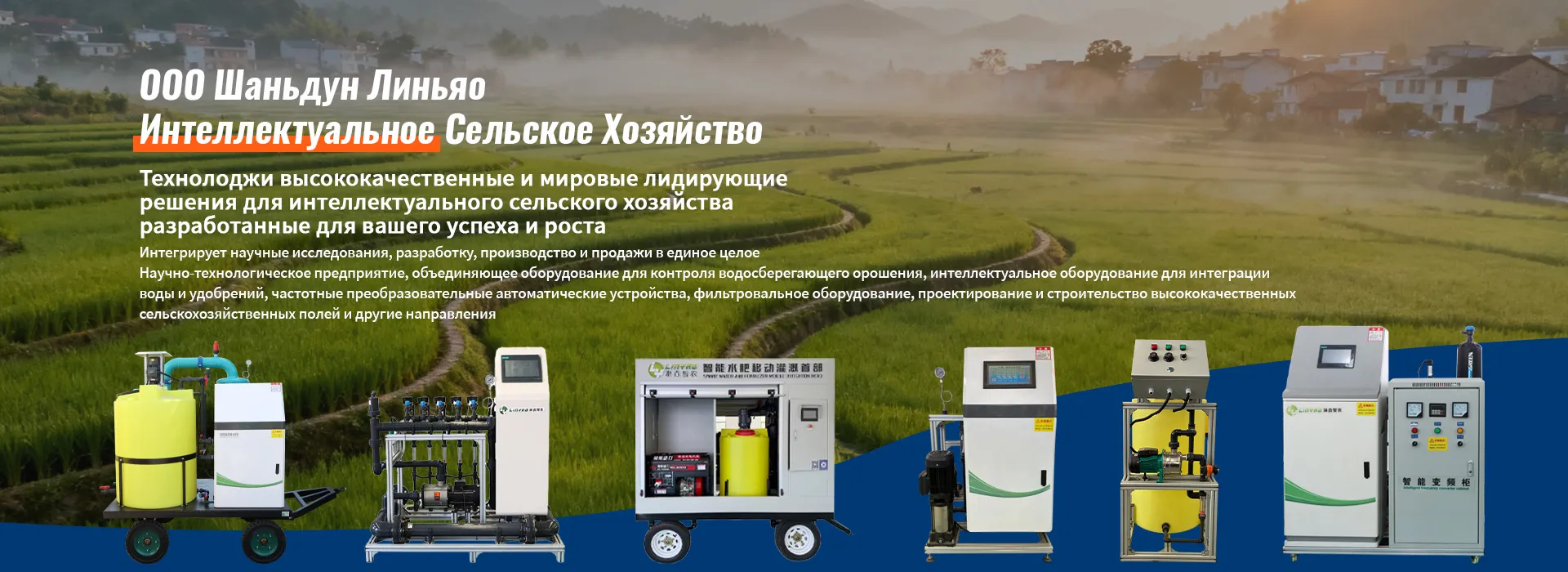
Best Sellingproducts
Best Selling Products-
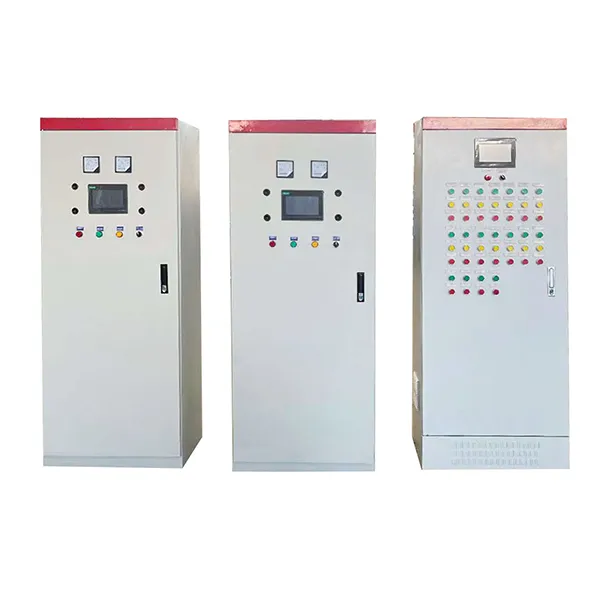 IoT-based greenhouse control cabinet
IoT-based greenhouse control cabinet -
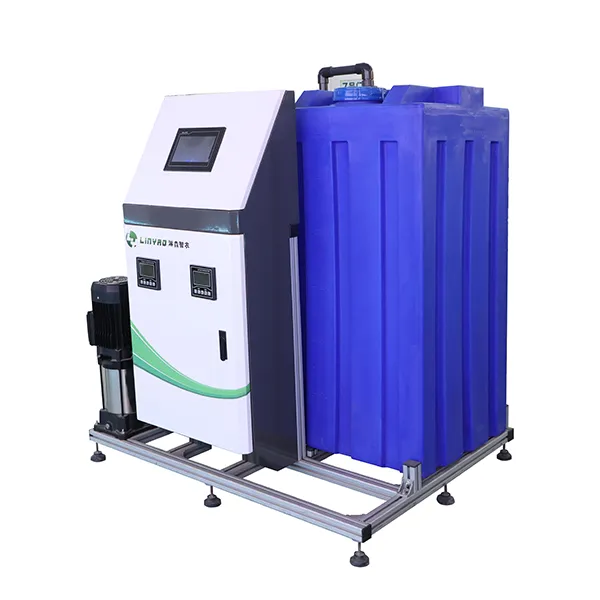 Fertilizer pre-mix fertilizer machine
Fertilizer pre-mix fertilizer machine -
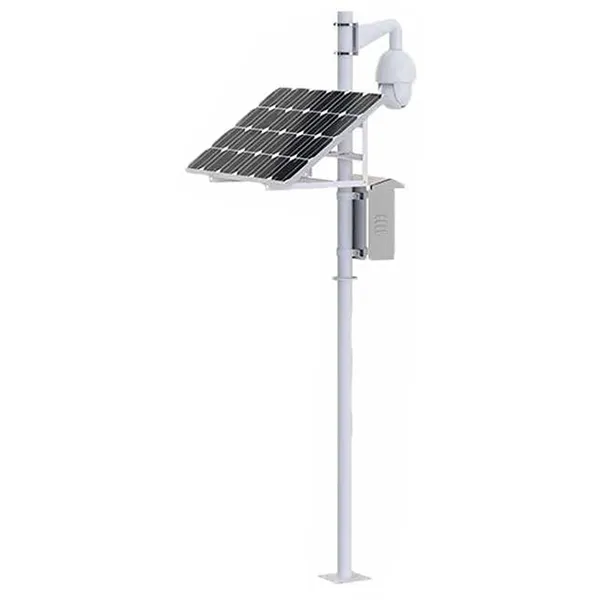 Device for monitoring the condition of seedlings
Device for monitoring the condition of seedlings -
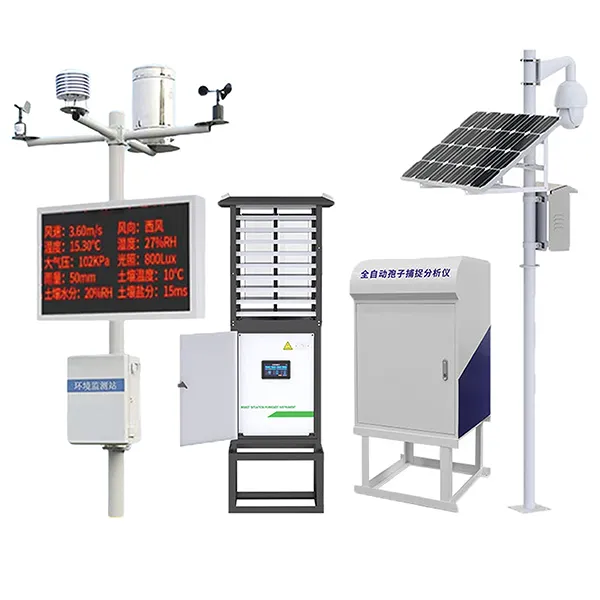 Agricultural weather station
Agricultural weather station -
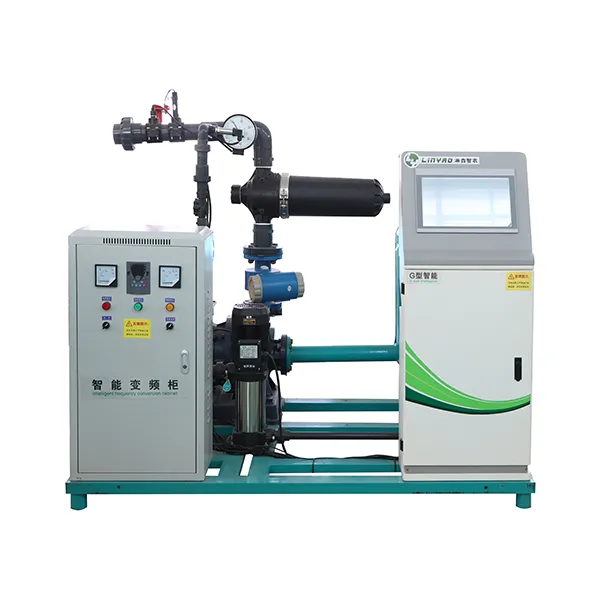 Intelligent Irrigation Control System
Intelligent Irrigation Control System -
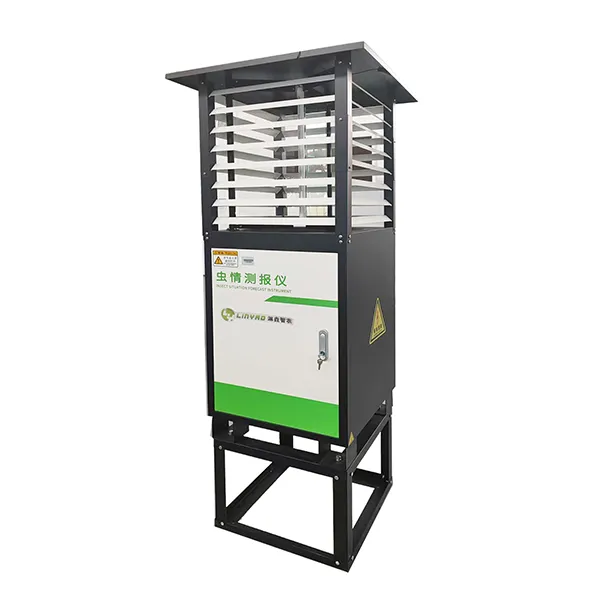 Intelligent pest monitoring equipment
Intelligent pest monitoring equipment -
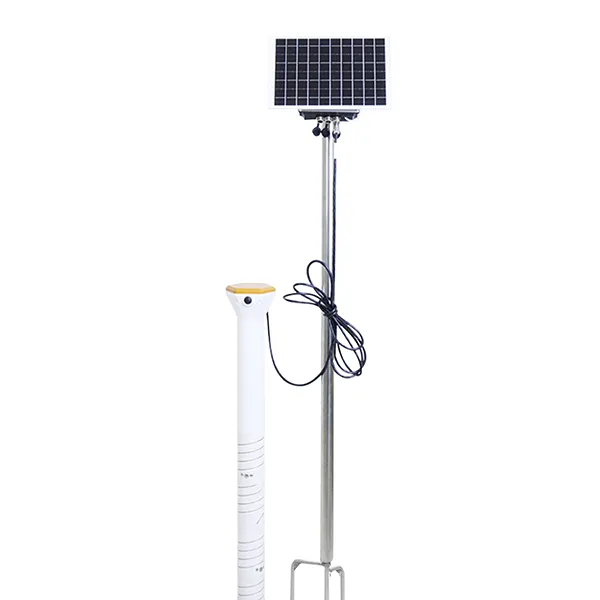 Soil Moisture Monitoring Station
Soil Moisture Monitoring Station -
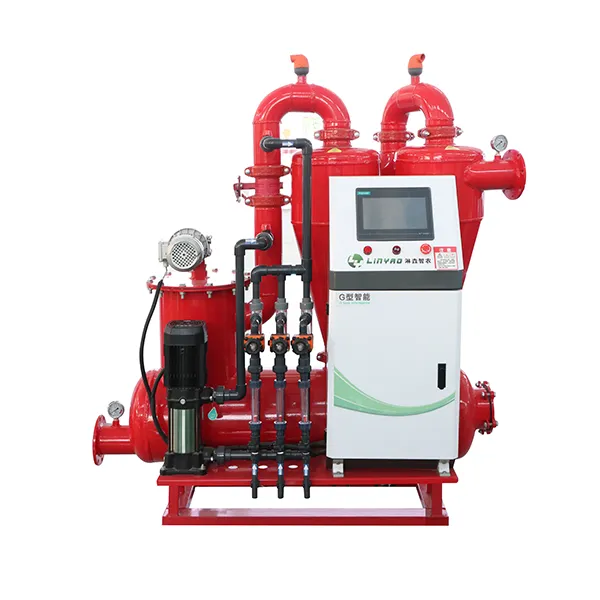 Automated Dual Function Water Fertilizer Filtration Machine
Automated Dual Function Water Fertilizer Filtration Machine -
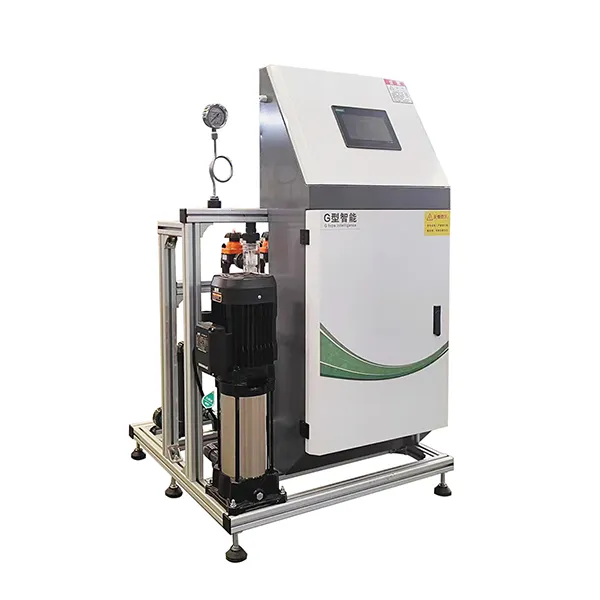 Three-channel intelligent water and fertilizer integration apparatus with 7-inch screen
Three-channel intelligent water and fertilizer integration apparatus with 7-inch screen -
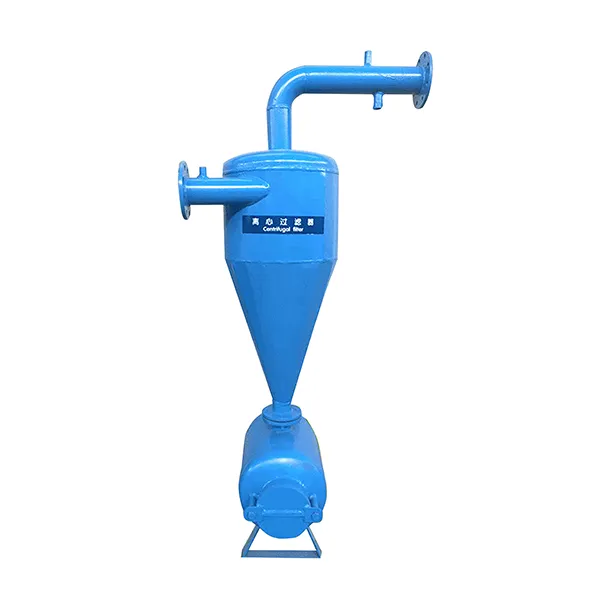 Centrifugal filter
Centrifugal filter -
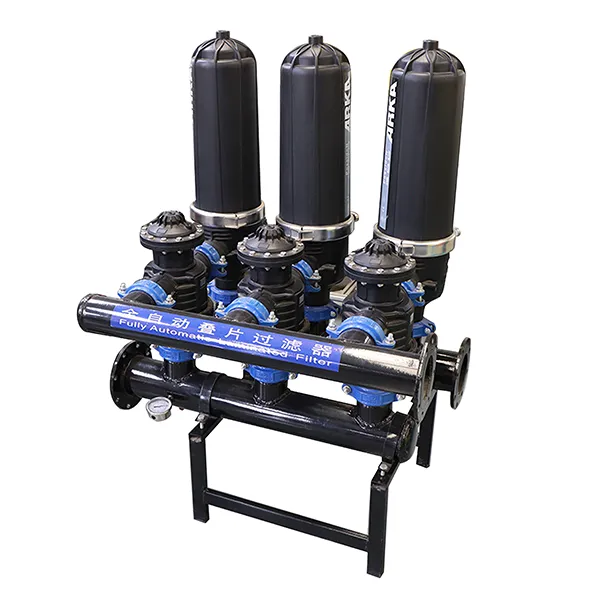 Disc filter with automatic flushing
Disc filter with automatic flushing -
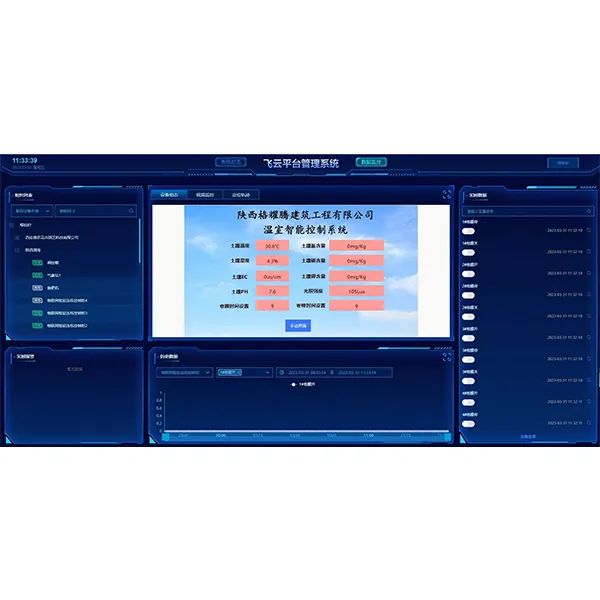 Cloud platform for smart agriculture
Cloud platform for smart agriculture
Relatedsearch
Related Search- Soil moisture monitoring station manufacturer
- Reverse osmosis barrier filter installation supplier
- Smart irrigation system manufacturers
- Butterfly valve pa dn80 wafer design manufacturers
- Three way ball valve main buyer country
- Soilless methods for growing urban agricultural products
- Sprinkler irrigation systems manufacturers
- Irrigation system kit supplier
- Mobile pumping stations SNP supplier
- Pipe for irrigation systems


